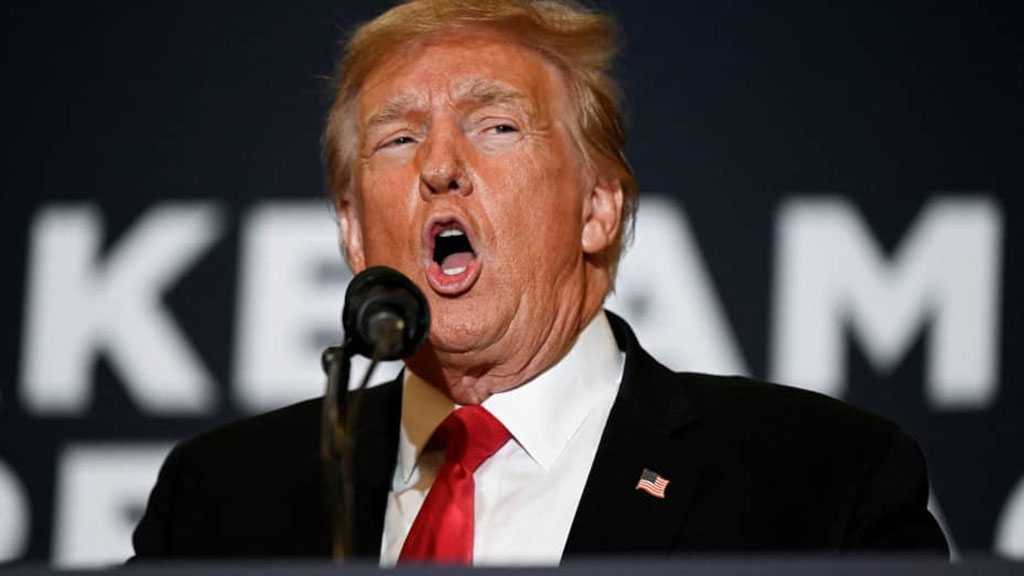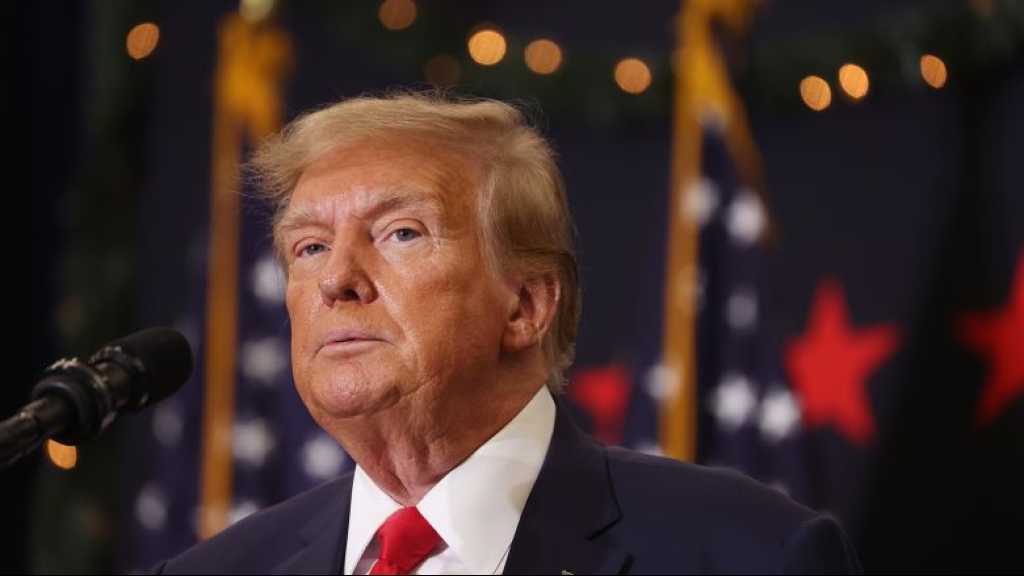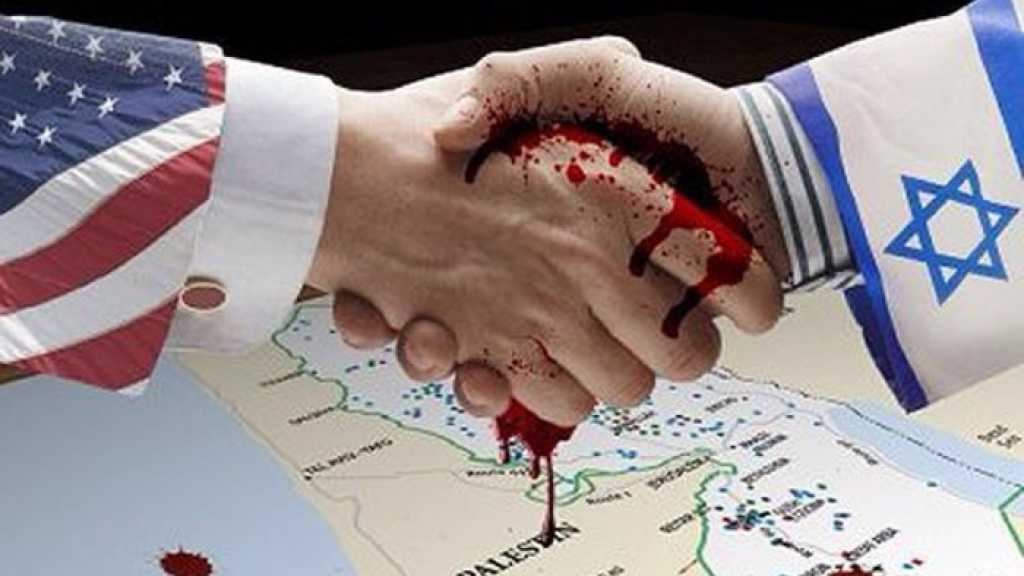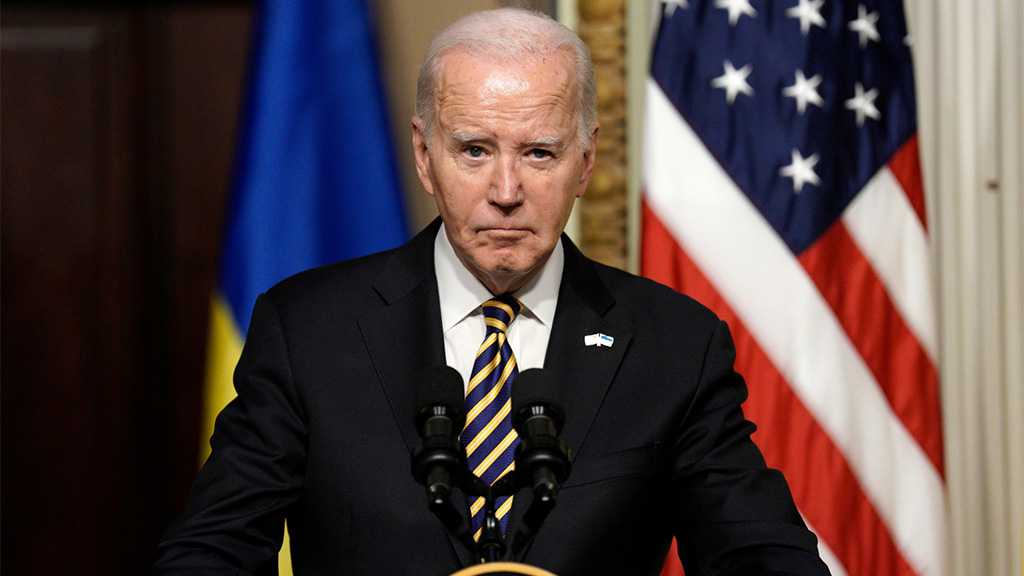
US Covert Ops Used to Create Excuses for Invasion
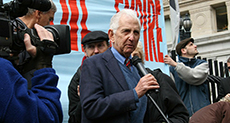
Local Editor
Whistleblower Daniel Ellsberg earned the ire of US officials when he released the Pentagon Papers in 1971. In a new interview, the former military analyst discusses how Washington's global, covert operations incite violence.
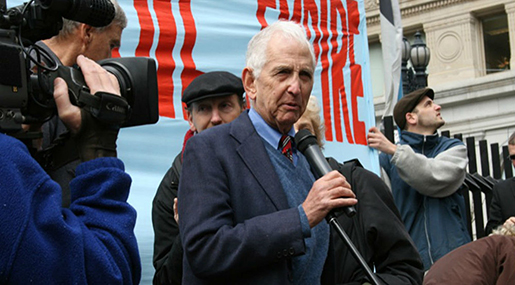
The Pentagon Papers caused uproar when they were first published. Revealing the United States' involvement in secretly bombing Cambodia and Laos during the Vietnam War, Ellsberg was charged under the Espionage Act for leaking the report to the New York Times.
In a series of interviews with MintPress News, Ellsberg describes how the United States used covert operations in both Vietnam and Cuba to "provoke a response."
"This was two years after the Cuban missile crisis, which is to say two years after the largest covert operation in CIA history against Cuba," he tells activist Arn Menconi. "These were the same people doing it, and pretty much for the same reason: to provoke a response by our adversaries that would give us an excuse to invade them."
"Sabotage, assassination, kidnapping, shelling, all of this was done..."
Ellsberg is referring to the Bay of Pigs invasion. While US officials maintained that a paramilitary group of Cuban revolutionaries was behind the invasion, Ellsberg insists that the militants were "100% CIA controlled."
The United States still has covert forces operating in over 100 countries around the globe, including Syria, Iraq, and number of countries across Africa.
A military veteran and former strategic analyst with the RAND Corporation, Ellsberg leaked the top secret documents that later became known as the Pentagon Papers while working for the US War Department.
Working as an assistant to Assistant Secretary of War for International Security Affairs, Ellsberg said his job was to find a pretext to escalate the Vietnam War.
Henry Kissinger, secretary of state at the time, referred to Ellsberg as "the most dangerous man in America" over his role as a prominent whistleblower.
Source: News Agencies, Edited by website team
Comments
- Related News
